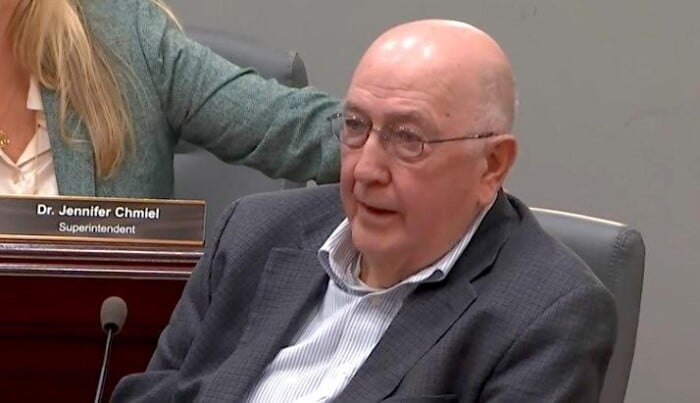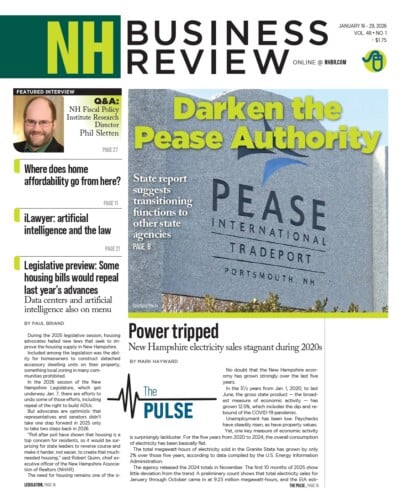Officials say any federal shutdown will hurt NH more the longer it goes
Essential workers to work without pay or furloughed if no deal reached
As the federal government draws closer to a potential shutdown, the implications for New Hampshire aren’t entirely clear. But any shutdown lasting longer than a few weeks could have serious effects.
New Hampshire has about 4,700 federal workers, according to the U.S. Office of Personnel Management. Those deemed “essential” would work through any shutdown without pay, all others would be furloughed if no deal is reached by Sunday.
By law, federal workers would ultimately get back pay. If the shutdown extends more than a few weeks, it could come with serious implications for those who rely on the federal government for food assistance, not to mention the numerous state businesses and nonprofits dependent on the flow of federal dollars.
“A shutdown would be a huge financial strain on Granite State organizations,” U.S. Senator Jeanne Shaheen said in a press release issued after she traveled the state Monday to raise the alarms about the shutdown. She visited a marine contractor whose business depends on federally funded navy contracts and a Manchester social service agency.
New Hampshire’s state government also relies heavily on federal money. State officials say right now they are mostly watching, monitoring state resources, and hoping any shutdown that comes is resolved quickly.
“Unless the federal government shut down for a lengthy period of time it would have minimal impact. Nothing citizens would notice,” said the state’s Commissioner of Administrative Services Charlie Arlinghaus. “We are not looking at any layoffs or service curtailment unless the government shuts down for many weeks.”
The Special Supplemental Nutrition Program for Women, Infants and Children (WIC) provides food and financial support for low-income mothers and children up to age 5. Benefits could be put at a risk during a lasting shutdown. About 13,500 people are covered by that program in New Hampshire, according to the White House.
The Supplemental Nutrition Assistance Program, also known as SNAP or food stamps, could also be affected if a deal isn’t reached sometime next month. Last year about 69,000 people in the state received such benefits, according to the Center on Budget and Policy Priorities. But for the next month, those are secure, shutdown or not.
The last federal shutdown lasted five weeks from late 2018 into 2019; the Congressional Budget Office estimates it cut the nation’s GDP by $11 billion.
During that shutdown, which did not affect all federal agencies, the New Hampshire Food Bank ended up supplying meals to displaced federal workers. The food bank isn’t planning that this year, but staff say a shutdown will make their funding, which relies on an array of federal programs, a scramble.
“We are hoping for minimal disruption, and everything gets back on budget in order by November 1,” said New Hampshire Food Bank Executive Director Eileen Liponis. “We can muscle through a month.”
This article is being shared by partners in The Granite State News Collaborative. For more information, visit collaborativenh.org











